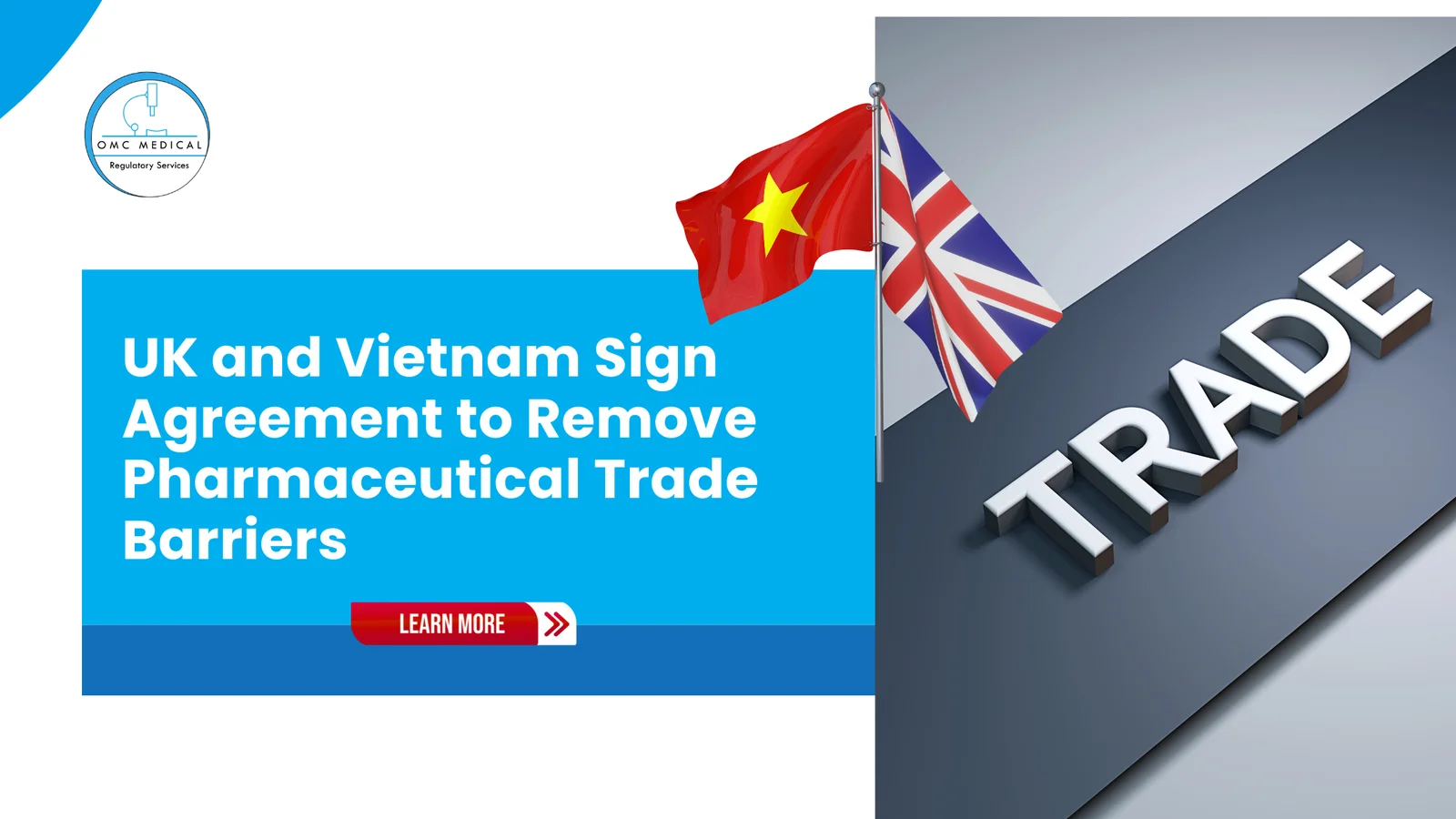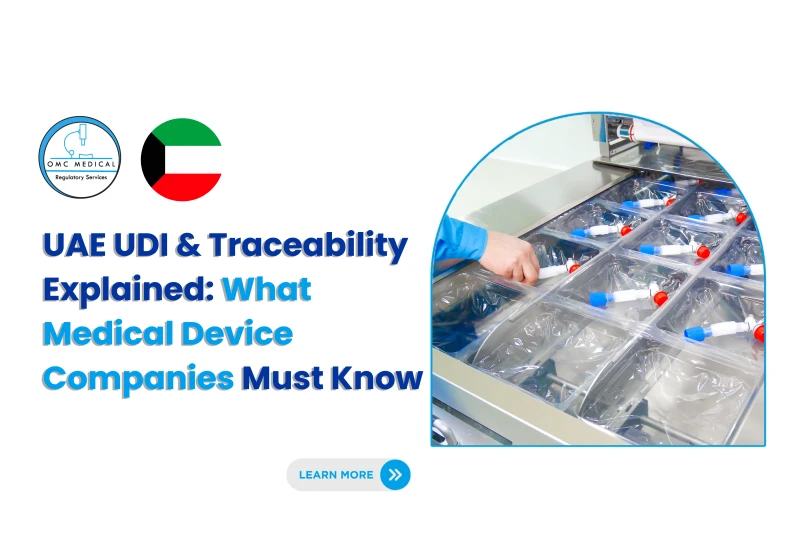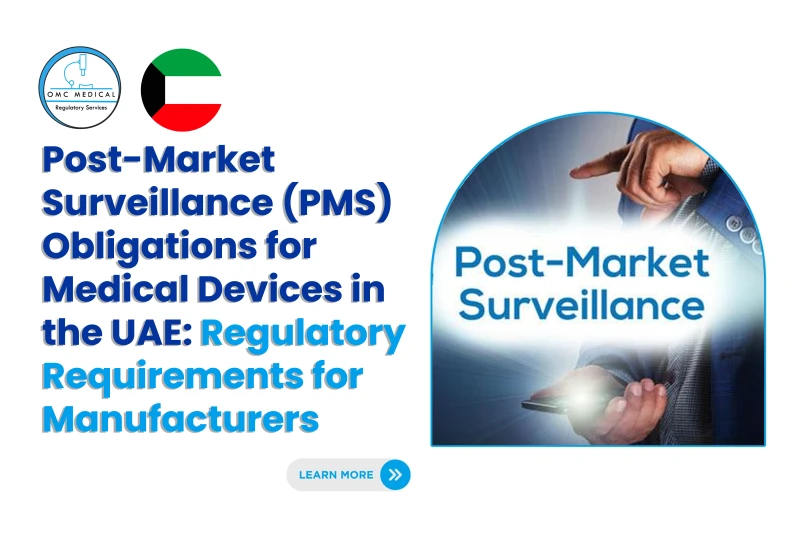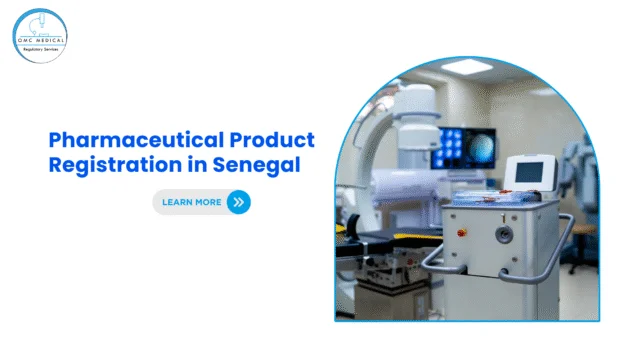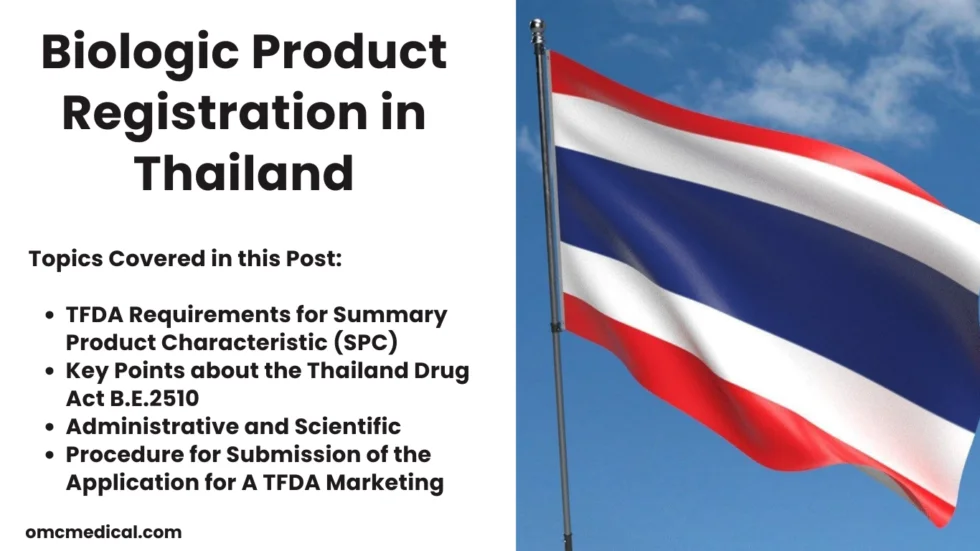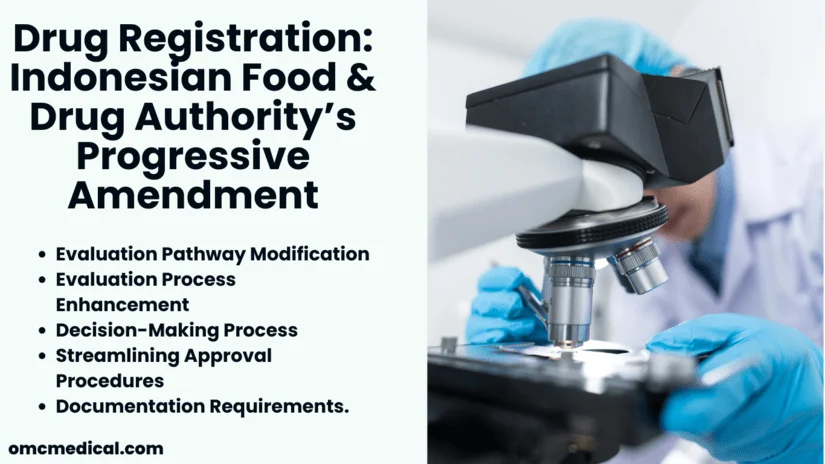In July 2025, the United Kingdom and Vietnam announced a landmark agreement aimed at removing regulatory obstacles that have previously restricted the export of UK-manufactured pharmaceuticals to Vietnam. This deal is expected to simplify approval processes for British medicines and vaccines, paving the way for faster and more efficient access to the Vietnamese healthcare market.
The agreement marks a significant milestone in the UK’s post-Brexit trade agenda, focusing on high-growth sectors and key trading partners.
Key Highlights of the UK–Vietnam Pharmaceutical Trade Agreement
- Recognition of UK Approvals: Vietnam will now accept marketing authorizations from the UK’s Medicines and Healthcare products Regulatory Agency (MHRA), reducing the time and bureaucracy for British companies entering the Vietnamese market.
- £250 Million Export Opportunity: The UK government estimates the deal could unlock up to £250 million in additional pharmaceutical exports over the next five years.
- Streamlined Registration: Vietnamese authorities will fast-track the approval of medicines and vaccines that have already been authorized by trusted international regulators, including the UK.
- Focus on Life Sciences: The deal prioritizes life sciences, a strategic sector in the UK economy, and one with strong global growth potential.
When and Where Was the Deal Announced?
The agreement was formally revealed during the 13th UK-Vietnam Joint Economic and Trade Committee (JETCO) meeting, held in London on 14 July 2025. The meeting was co-chaired by:
- Douglas Alexander, UK Minister for Trade Policy
- Nguyen Hoang Long, Vietnam’s Vice Minister of Industry and Trade
Both parties emphasized their commitment to expanding bilateral trade and tackling non-tariff barriers in essential sectors, including pharmaceuticals and healthcare products.
Why This Deal Matters
This agreement is not just a win for UK pharmaceutical companies — it’s a strategic breakthrough in international regulatory cooperation. Here’s why:
- Faster Market Access: UK companies can now get their medicines into Vietnam more quickly without duplicative local clinical trials or extended review timelines.
- Boost for SMEs and Exporters: Smaller pharmaceutical companies that previously found Vietnam’s market too complex or costly can now consider it a viable growth opportunity.
- Strengthening UK-Vietnam Trade Relations: This deal demonstrates growing confidence and trust between the two nations, particularly in highly regulated sectors.
- Model for Future Agreements: It reflects the UK’s approach of securing targeted sector-based agreements that deliver fast and measurable results post-Brexit.
Implications for the UK Pharmaceutical Sector
Vietnam is one of Asia’s fastest-growing healthcare markets. With rising demand for quality medicines, vaccines, and medical devices, UK pharmaceutical firms now have a more competitive edge.
Potential benefits include:
- Increased exports of generic and branded drugs
- Better penetration of novel therapies and vaccines
- Strengthened partnerships with Vietnamese distributors and hospitals
What Comes Next?
Following this deal, both governments plan to:
- Monitor the effectiveness of the regulatory streamlining
- Identify additional barriers in the pharmaceutical supply chain
- Explore cooperation in areas such as digital health and clinical research
This pharmaceutical agreement may also serve as a blueprint for similar deals in other ASEAN countries, helping the UK expand its life sciences footprint across Southeast Asia.
Final Thoughts
The UK–Vietnam pharmaceutical trade agreement is a clear signal of the UK’s focus on high-impact, practical trade diplomacy. By removing regulatory barriers, it delivers real opportunities for pharmaceutical companies while supporting public health outcomes in Vietnam.
At OMC Medical, we assist pharmaceutical and medical device manufacturers in navigating global regulatory pathways. If you’re planning to enter the Vietnamese market or need MHRA-to-ASEAN regulatory support, contact us for end-to-end guidance.

